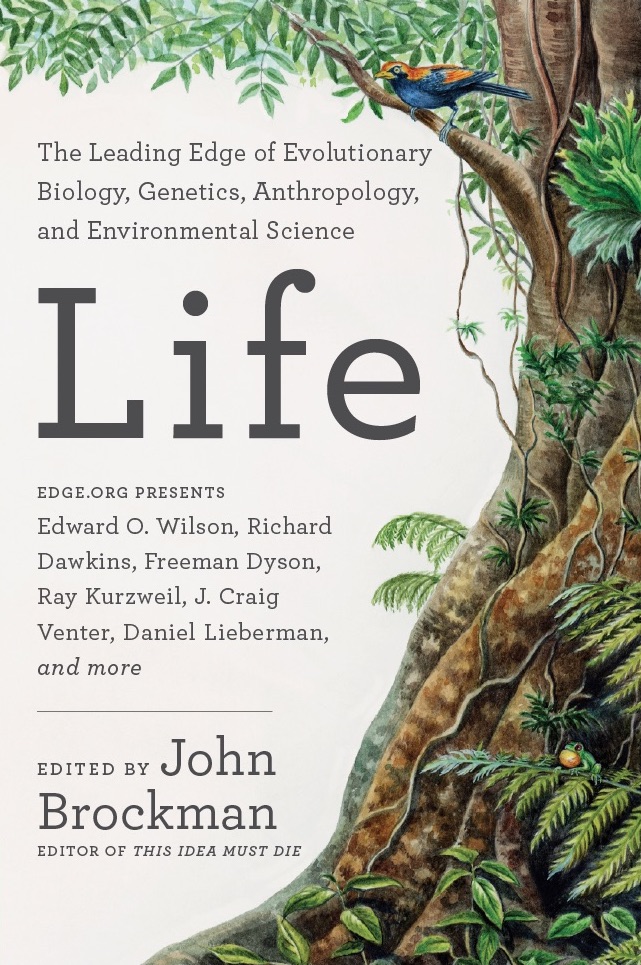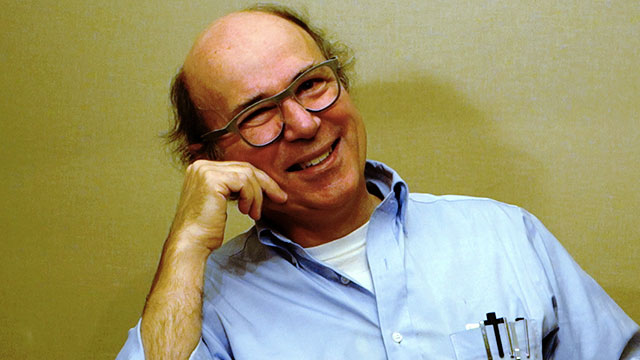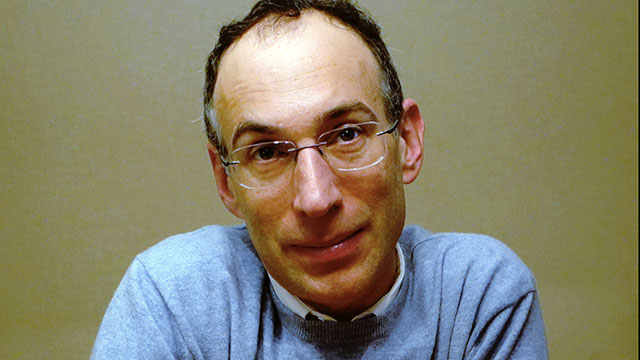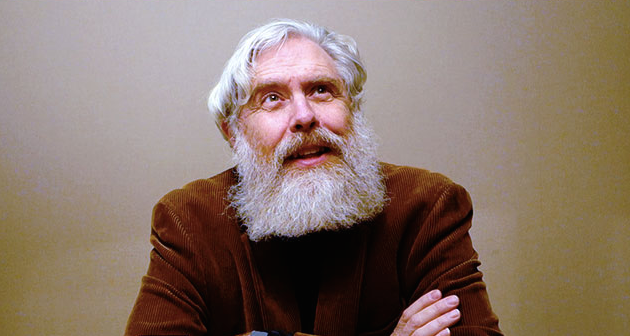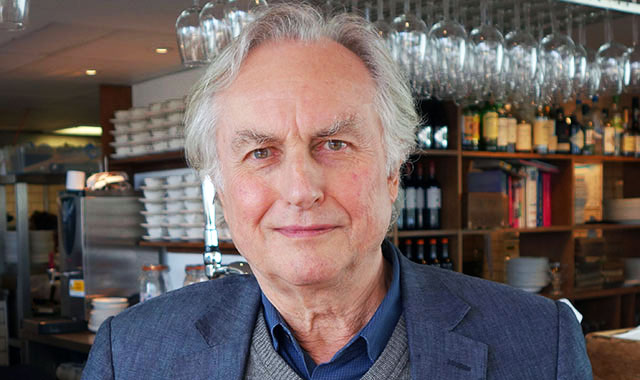
My experience collaborating with Svante since 2007, has been that the data we’ve looked at from the incredible samples they have has yielded surprise after surprise. Nobody had ever gotten to look at data like this before. First, there were the Neanderthals, and then there was this pinky bone from Southern Siberia. At the end of the Neanderthal project, Svante told me we have this amazing genome-wide data from another archaic human, from a little pinky bone of a little girl from a Southern Siberian cave, and asked if I'd like to get involved in analyzing it.
When we analyzed it, it was an incredible surprise: This individual was not a Neanderthal. They were in fact much more distantly related to a Neanderthal than any two humans are today from each other, and it was not a modern human. It was some very distant cousin of a Neanderthal that was living in Siberia in Central Asia at the time that this girl lived.
When we analyzed the genome of this little girl, we saw that she was related to people in New Guinea and Australia. A person related to her had contributed about 5 percent of the genomes to people in New Guinea and Australia and related people—an interbreeding event nobody had known about before. It was completely unexpected. It wasn’t in anybody’s philosophy or anybody’s prediction. It was a new event that was driven by the data and not by people’s presuppositions or previous ideas.
This is what ancient DNA does for us. When you look at the data, it doesn’t always just play into one person’s theory or the other; it doesn’t just play into the Indo-European steppe hypothesis or the Anatolian hypothesis. Sometimes it raises something completely new, like the Denisovan finger bone and the interbreeding of a gene flow from Denisovans into Australians and New Guineans.
DAVID REICH is a geneticist and professor in the Department of Genetics at the Harvard Medical School. David Reich's Edge Bio Page
THE REALITY CLUB: Robert Trivers

